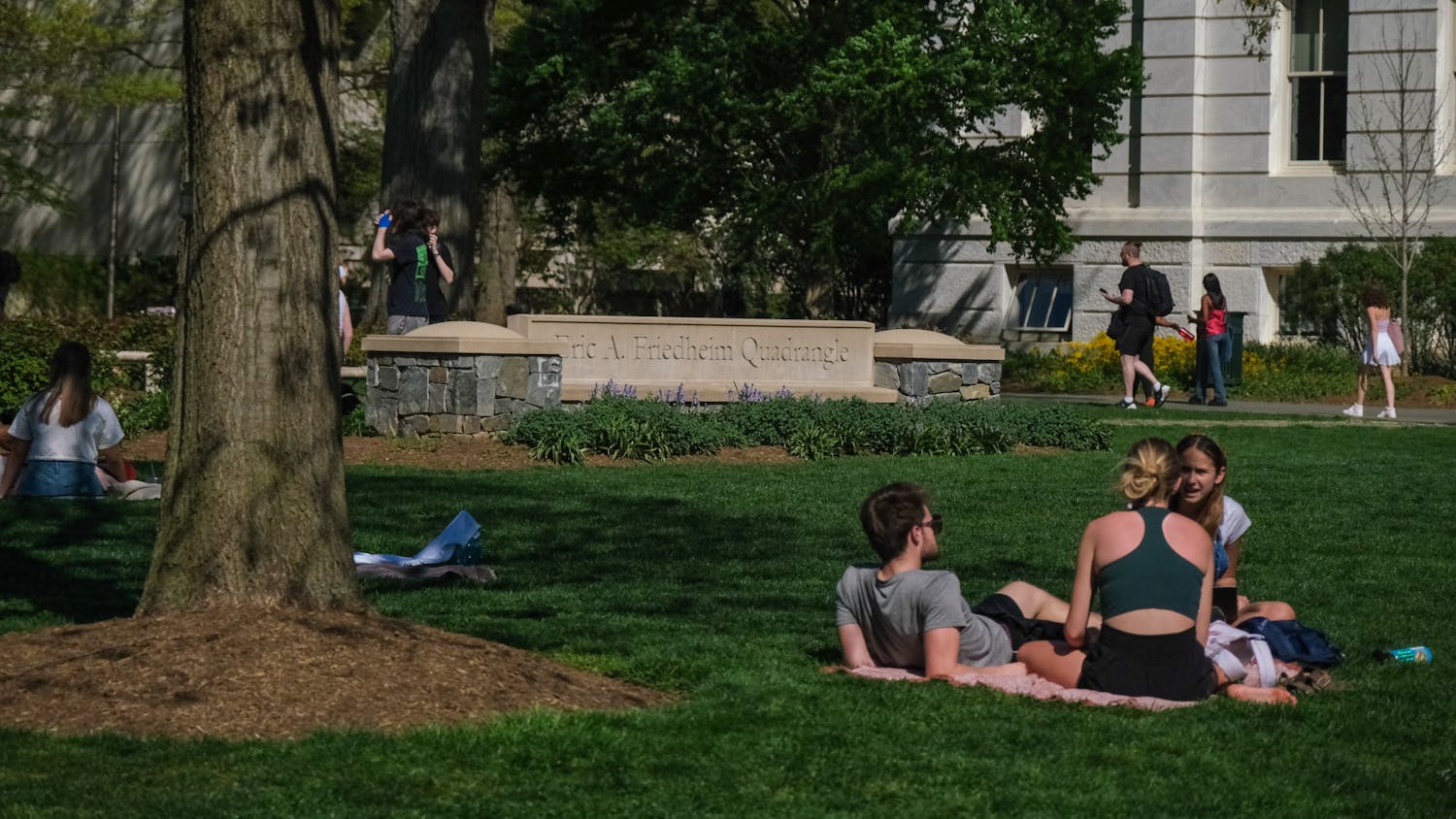Amazon.com gave over 200 college students at various institutions a free copy of its e-book reader, the Kindle, this fall, but the students had mixed feelings about Kindle’s features.
Kindle, an e-book reader sold exclusively through Amazon, weighs 10 ounces and has a width of one-third of an inch — roughly the width of a pencil, according to Amazon.com. The original Kindle can hold about 1,500 books while the newest version of the Kindle, Kindle DX, can hold over 3,500 books. The Kindle does not need to be connected to a computer and can download books over its wireless network, according to Amazon.com. The original Kindle retails for $259, and the Kindle DX costs $489.
Some of the students given free Kindles by Amazon said that they liked being able to have all of their textbooks for one semester in one place, according to an article in USA Today. They also liked the fact that they could wirelessly download new books anytime. But other students complained about the Kindle’s lack of highlighting capabilities, its tiny, hard-to-use keyboard and the fact that the Kindle does not show a book’s page numbers.
Members of the AU community were divided over whether or not Kindle would be useful to the average AU student.
University Librarian Bill Mayer said Bender Library has recently acquired four Kindle DXs for testing and loaning. The library will be offering these Kindles for loan through the copy center sometime in the near future. Students will also be able to download free popular fiction content on the Kindles through Bender Library.
Mayer said that he was excited for the possibility of Bender Library moving forward with e-book technology.
“I think mobile readers for electronic content is a very good idea,” Mayer said. “I think that 2010 is going be a major year of evolution with e-book readers.”
However, it would be hard to integrate Kindles into AU academics because many of the textbooks required by faculty are not yet available through Kindle, Mayer said.
William LeoGrande, dean of the School of Public Affairs, pointed to this lack of availability as one of the Kindle’s biggest weaknesses, along with its unwieldy features.
“I don’t think the Kindle technology is quite ready for primetime,” LeoGrande said. “The problems students have taking notes on it are a serious drawback. Not all textbooks are available yet, and students will still have to use their computers for e-reserves.”
LeoGrande said that while Kindles may rise in popularity in the near future, SPA will continue to give students the option of using hardcover textbooks.
Kristi Cole, the manager of the AU Campus Store, said the bookstore would not be selling Kindles anytime soon because Follett, the bookstore’s parent company, already offers digital textbooks through CafeScribe. CafeScribe allows students to use their laptops or computers to download textbooks to the CafeScribe e-reader where they can highlight content and make notes right on the page, according to Cole.
Though CafeScribe digital books were not a big sell this fall, the Campus Store would promote digital books more this spring with a focus on how digital books save students money, Cole said.
Emily Hunter, a senior in the School of International Service and the College of Arts and Sciences, said she could see numerous benefits to having her textbooks on a Kindle.
“A Kindle would be environmentally friendly — think how much paper you would be saving by not using textbooks,” Hunter said. “The Kindle would also be easy to carry around and it would be convenient to have all my textbooks in one place.”
Cori Zantanella, a junior in SIS, saw this convenience as more of a safety issue.
“What if someone steals [the Kindle]?” Zantella asked. “What if it breaks? It’s not reliable.”
Zantella said she does not think Kindle has enough advantages over regular books for her to make the switch.
“I don’t like reading on a screen, and I wouldn’t be able to make notes or highlight anything [on a Kindle],” Zantella said. “I just like traditional books better.”
You can reach this staff writer at jryan@theeagleonline.com.




